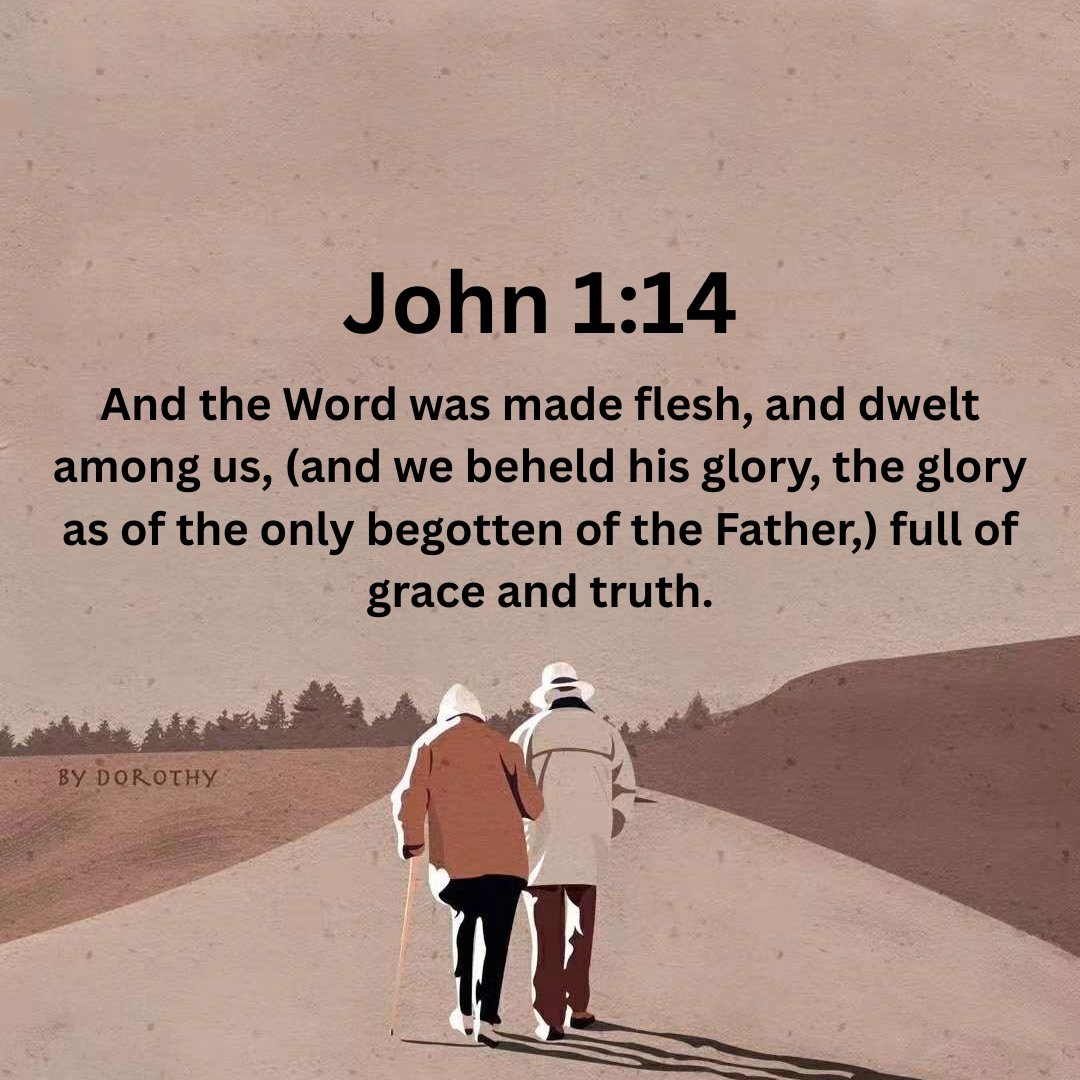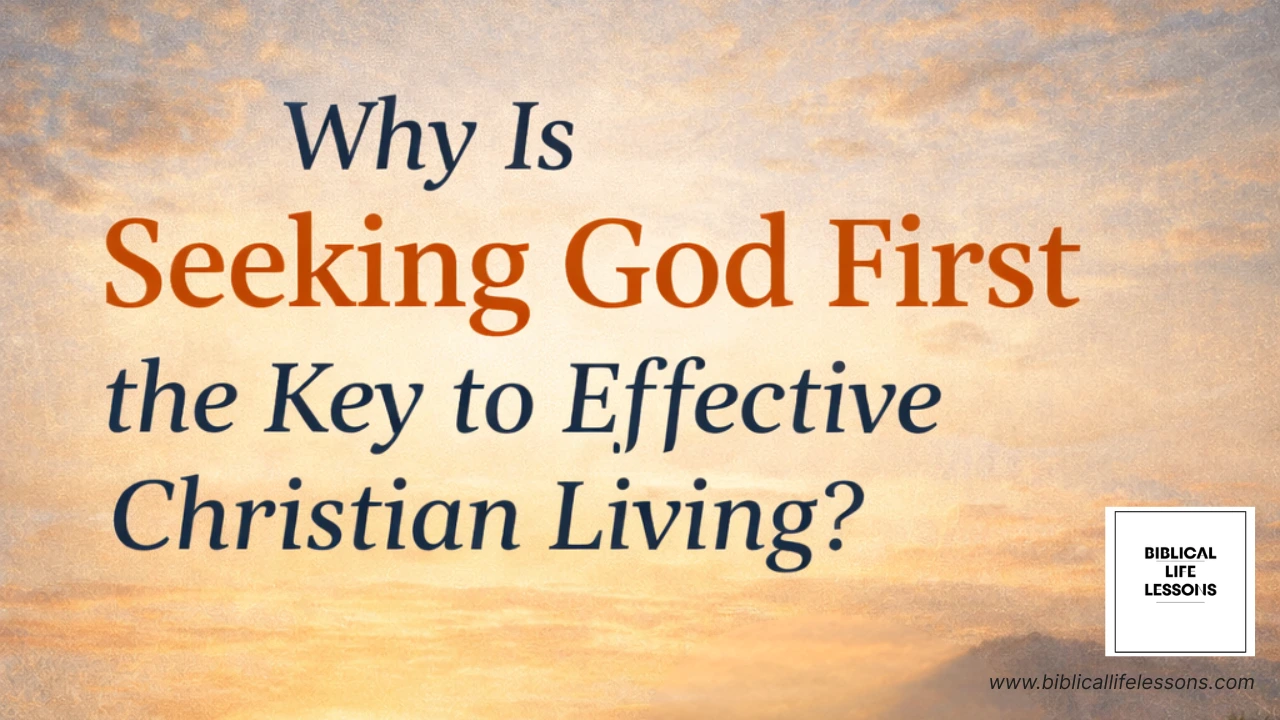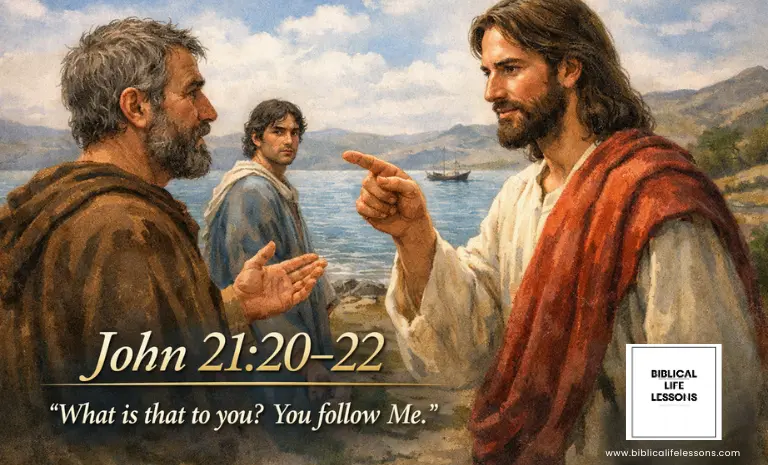In a world filled with conflicting opinions, harsh judgments, and endless debates, it’s easy to forget the power of truth and grace. These two elements are foundational in the message of the gospel, and yet they must be held in balance. When one is emphasized at the expense of the other, the way to God becomes unclear, confusing, and difficult for people to navigate.
📖 John 1:14 (KJV)
“And the Word was made flesh, and dwelt among us, (and we beheld his glory, the glory as of the only begotten of the Father,) full of grace and truth.”
Jesus Himself was the perfect embodiment of both grace and truth, and His ministry is a model for us to follow. He showed us that truth without grace is condemning, and grace without truth is enabling. For people to come to God, they need to understand both the reality of their sin and the depth of God’s love for them.
Truth Without Grace: A Path to Condemnation
Truth is essential—it is the foundation of the gospel. Without truth, we wouldn’t understand the necessity of repentance or the reason Jesus came to earth in the first place. The Bible is clear that all have sinned and fall short of God’s glory (Romans 3:23). Truth exposes the sin that separates us from God, and it holds us accountable to the standard of holiness that God requires.
However, when truth is presented without grace, it becomes harsh, legalistic, and condemning. It can push people away rather than drawing them closer to God. We’ve all encountered people who are quick to point out mistakes, flaws, or shortcomings, without offering compassion or understanding. This approach often leaves people feeling defeated, unworthy, and ashamed.
📖 Romans 3:20 (KJV)
“Therefore by the deeds of the law there shall no flesh be justified in his sight: for by the law is the knowledge of sin.”
While truth shows us our need for salvation, if we fail to show grace, we risk creating a barrier to the very salvation we seek to offer.
Grace Without Truth: A Path to False Security
On the other hand, grace is equally essential. It is God’s grace that makes forgiveness possible, despite our failures. Without grace, none of us would be able to stand before God, because none of us are perfect. Grace is what offers us hope—it’s the unmerited favor of God that invites us into relationship with Him, even in our brokenness.
But, grace without truth can also lead people astray. If we only emphasize grace, without addressing the reality of sin, we risk giving people a false sense of security. People might believe that God’s grace means that their sin doesn’t matter, that they can continue living as they please, and still receive the benefits of salvation. This view distorts the gospel and leads people down a path of self-deception.
📖 Romans 6:1-2 (KJV)
“What shall we say then? Shall we continue in sin, that grace may abound? God forbid. How shall we, that are dead to sin, live any longer therein?”
Grace is not a free pass to live without change. It is an invitation to transformation. Grace and truth must work hand in hand—truth tells us where we’ve gone wrong, and grace offers the power to change and heal us.
Jesus: The Perfect Model of Truth and Grace
Jesus is the perfect example of how truth and grace should be intertwined. In His interactions, we see the beautiful balance between the two. For example, when Jesus met the woman caught in adultery, He didn’t dismiss her sin, but He didn’t condemn her either. He told her, “Go, and sin no more” (John 8:11). He spoke the truth, but He offered grace—the opportunity for a new beginning.
📖 John 8:11 (KJV)
“She said, No man, Lord. And Jesus said unto her, Neither do I condemn thee: go, and sin no more.”
Jesus showed us that truth without grace can be crushing, but grace without truth can be enabling. Both are essential for healing and transformation. Jesus didn’t compromise on either. He met people where they were, but He also called them to a higher standard. He loved them in their sin, but He didn’t leave them there.
The Power of Truth and Grace in Our Lives
When we present the gospel to others, it’s crucial that we reflect both truth and grace. People need to understand that their sin separates them from God (truth), but they also need to hear that God loves them and has made a way for them to be reconciled to Him through Jesus (grace).
Without truth, people won’t understand their need for salvation. But without grace, they won’t feel the hope of redemption.
📖 2 Corinthians 5:19 (KJV)
“To wit, that God was in Christ, reconciling the world unto himself, not imputing their trespasses unto them; and hath committed unto us the word of reconciliation.”
As Christians, we are called to represent both sides of the gospel—truth that confronts sin and grace that offers redemption. When we balance both, we create a bridge that leads people to God’s loving embrace.
The Invitation to Come to God
Jesus invites us all to come to Him, regardless of our failures. He doesn’t condone our sin, but He offers forgiveness, healing, and transformation. By embracing both truth and grace, we can help others come to God with open hearts, ready to receive His love and experience His power to change.
📖 Matthew 11:28 (KJV)
“Come unto me, all ye that labour and are heavy laden, and I will give you rest.”
In the end, it is through the perfect combination of truth and grace that people are drawn to God. The truth about their need for Him, paired with the grace that He offers, is the message that can change lives. And it’s this message that we, as followers of Christ, are called to share with the world.
Subscribe for Daily Email Devotionals









